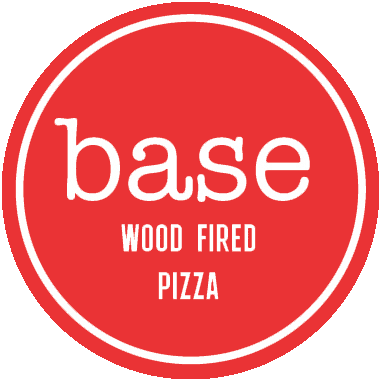This is probably the number one question that we get asked by the people thinking of entering the food business. Are you better off taking a franchise in an already proven concept or should you develop your own concept? Let’s take a look at the advantages and disadvantages of franchising a restaurant.
The Advantages
- An Instant Business
A restaurant franchise offers you an instant business. You don’t have to worry about the name, the décor, the menu or the marketing. It’s all done for you. This allows you to focus on the running and management of the restaurant, and play to your strengths.
- Support
A restaurant franchise comes with support from the head office. If you have questions or concerns you can always ask the, this can be very helpful for new restaurant owners who don’t always know what to do when they encounter certain problems. Chances are, head office has seen them all before and this guidance and knowledge can be invaluable.
- Better Buying Power
Restaurant franchises have bigger buying power. Food and other inventory can often be purchased far cheaper than your local independent restaurant, giving you a competitive advantage.
- Name/Brand Recognition
Name recognition is a huge benefit of a restaurant franchise. Building a reputable name for your restaurant is a struggle at the best of times, and one that often takes years of hard work – you don’t have to worry about start-up costs for advertising and marketing with a franchise.
The Disadvantages
- Money
Money, or the lack thereof, is often major drawback of buying a restaurant franchise. Many of the bigger restaurant chains require you to have significant assets before they will consider letting you buy into their company. In order to maintain a certain quality of customer service, as well as continuity at each location, franchises have many rules and regulations that must be followed. Everything from the seating plan of the dining room, to the colour of the bathrooms can be subject to specific rules. Make sure you are familiar and happy with all the rules beforehand.
- Lack of Independence
Unfortunately, you will have to give up a lot of control if you choose to franchise. You have no say in the menu, the décor or the signage of your restaurant. You may find yourself resenting the restrictions placed upon you.
- Royalties
On top of the upfront franchise fee, you will also be expected to pay royalties. This covers the advertising, training, and other support the restaurant corporation gives you throughout the year. Franchise royalties are usually between 3% and 8% of turnover.
- Exit Strategy
When you come to sell, the franchisor will have the right to vet any potential new franchisees.
- Limited Growth Potential
If you develop your own concept, perhaps it could one day be franchised itself. This is where the real money is in the industry. Can you take an idea, and not just build one location, but build a chain and successful brand. Perhaps one day you could become a franchisor yourself.
Essentially, deciding to either buy a restaurant franchise or create an independent restaurant will depend on your wallet, your experience, the time that you can commit and your personality. If you are comfortable working with a team and being told what and how to do something, a franchise may be the right move for you.
However, if you are starting your own restaurant to get away from people telling you what to do, an independent is probably a better choice for you. Admittedly, we are a little biased, but if you are confident that you have a good idea then you could get it up and going for less money than taking on a franchise.
What’s more, it will be all yours.









